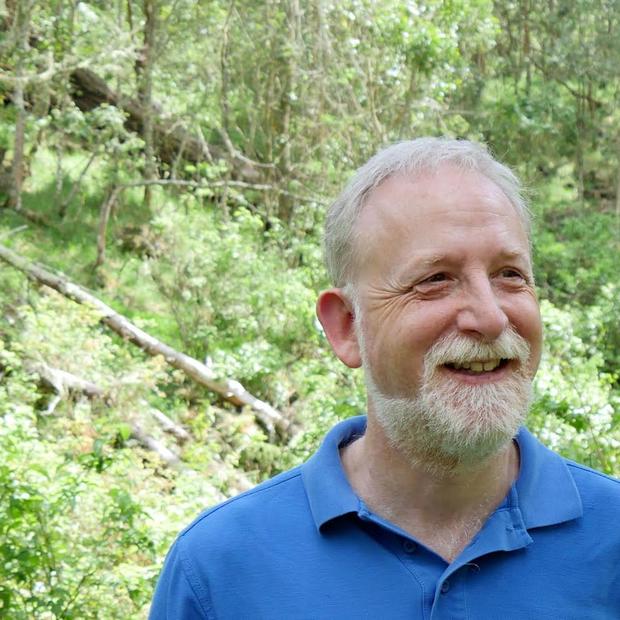In an era when the term "sustainability" is increasingly cast as mere jargon, it is worth noting a sincere and authentic application of family, business, and building which gives credence to the term.
Seattle entrepreneur, developer, and philanthropist Mark Schuster's Lofty Pursuits, published in September (Brown Books Publishing Group), is a must-read, for true believers and cynics alike, as a unique contribution to today's dialogue about the sustainable city.
Schuster's book focuses on family tradition, a related business ethic infused by his grandfather, George Mosler, and their embodiment not only in Schuster's career but in an award-winning north-Belltown Seattle building, Mosler Lofts. In the spirit of Tracy Kidder's 1999 book House, the reader is left with a multi-disciplinary, emotional, and technical experience of building-creation, with multiple lessons learned.
Mosler Lofts was Seattle’s first LEED Silver-certified condominium, completed in 2008, and has won over 60 awards at the local, regional, and national levels. The story of the building's challenges — from concept through financing and construction — could have been the book's sole story line, complete with notable detours such as overcoming cracked foundations on adjacent property.
Yet the inspirational — and more commendable — aspect of Schuster's storytelling shows how the efforts of his development team to achieve green construction and LEED criteria merged with something far more universal: family values and giving back to the community with the future in mind. Given Schuster’s long resume of community service and social responsibility, his sustainable outlook evokes an authenticity which defies easy challenge.
Lessons learned? Countless family memories, reflections from self-education and business start-ups, on-the-job CEO and community-service learning, as well as the richness of a collaborative team environment. Schuster is frank and self-critical throughout, particularly amid the hard knocks of project delay and complexity, which is particularly key to the book’s success.
While Schuster's narrative is sometimes truly "lofty" — he includes a personal 2005 visit with Israeli and Palestinian leaders amid the story of Mosler Loft's early marketing — he cannot be faulted for irrelevance. He does not miss a beat with such stories — admirably evoking the practical virtues of voluntarism and mission in building sustainable community.
Although the book’s subtitle, Repairing the World One Building at a Time, might seem overly incremental and short of comprehensive, Lofty Pursuits is an informative read about one complete, implemented example. In the process of telling one building’s story, Schuster evokes a much larger community, without getting lost in overused jargon or impracticalities of the intangible.



